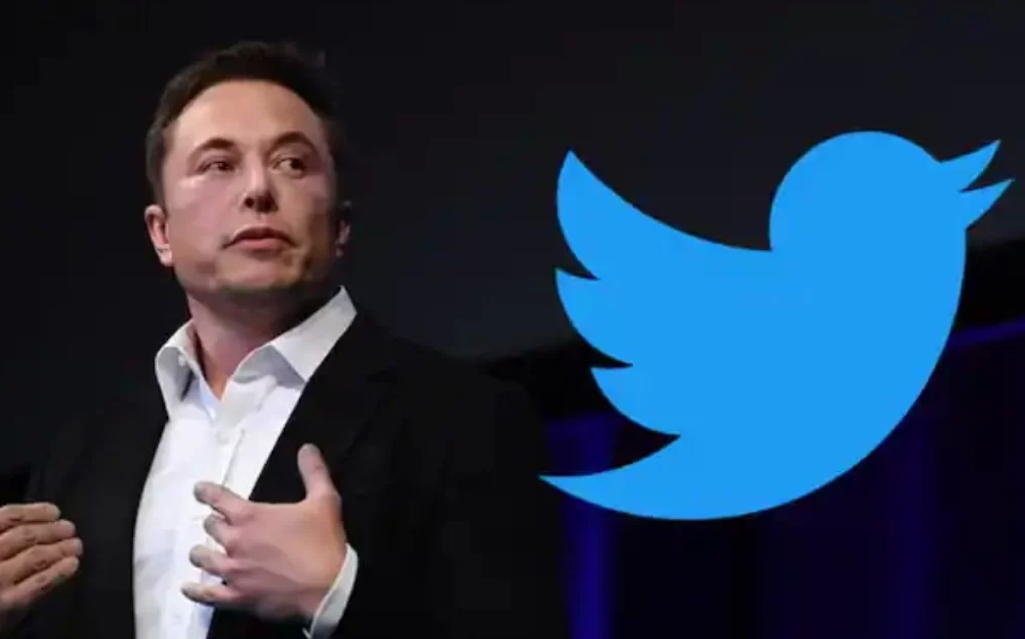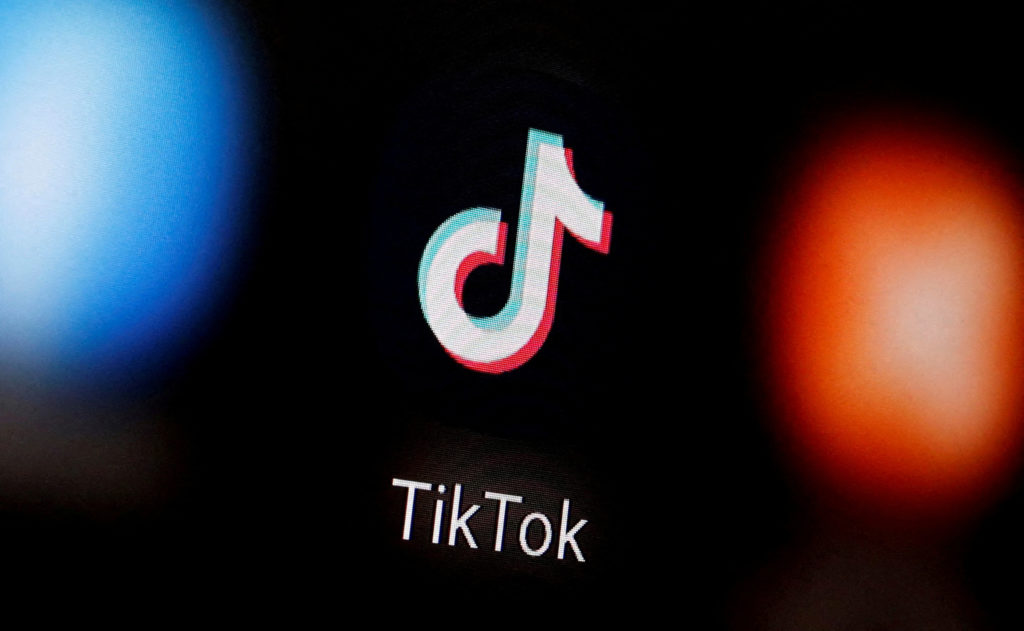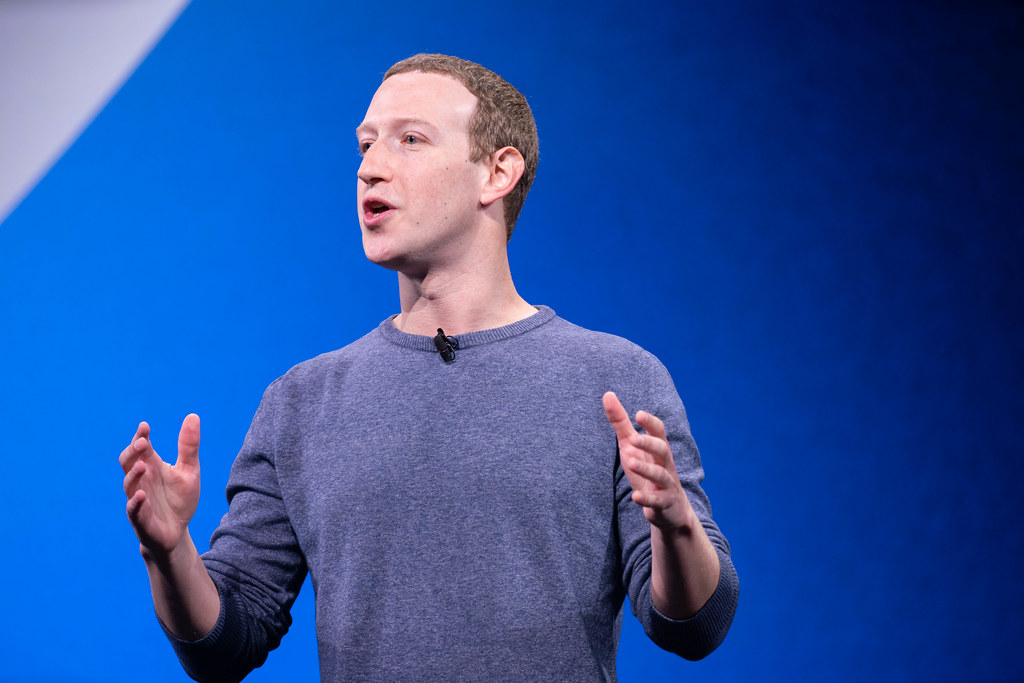Elon Musk appears to be moving forward with the acquisition of Twitter after months of trying to back out of the deal. Although it’s still unknown where the business may go under his management. Experts seem worried that it might allow the platform to house more objectionable content.
Musk, a self-described “free speech absolutist,” has said that he opposes the idea of permanently banning somebody. The Tesla CEO hasn’t been explicit about where he’d draw the line, but in essence, he’s suggested that anything that is lawful to say should be permitted on Twitter, which means he could open the doors to a broad list of individuals who aren’t currently allowed to Tweet, like Donald Trump.


Trump was removed from the platform for encouraging violence, which was potentially beyond the scope of permissible expression under the law. However, Musk famously declared that he would let Trump back on the platform.
However, the Tesla CEO isn’t the only supporter to alter the social media landscape. A similar law in Florida forbade social media companies from deplatforming any candidates for office, while Texas passed a law last year that forbids social media companies from removing content based on users’ political ideas.
Legally, selecting the types of posts that are permitted on a platform is a form of communication in and of itself, and the First Amendment grants commercial companies the same freedom of expression rights as individuals.
Florida’s statute was suspended by a federal judge, although strangely, the Texas law was maintained by the 5th Circuit court back in September, paving the way for a Supreme Court case that, if not overturned, may convert the internet into a more toxic place.
It’s unclear how Musk will run the platform if he takes over Twitter. Only time will tell.
Concerns have been raised about Musk’s vague suggestion to “authenticate all genuine human users,” which may call for users to use their real names in connection with their accounts.




